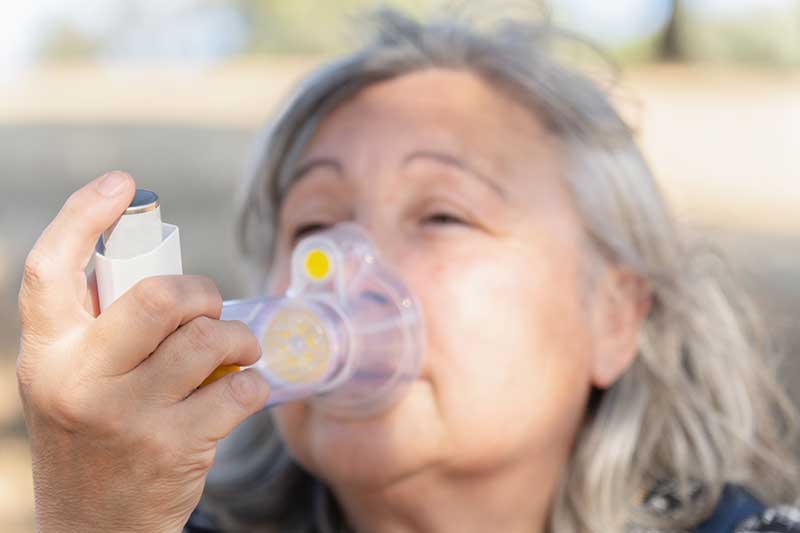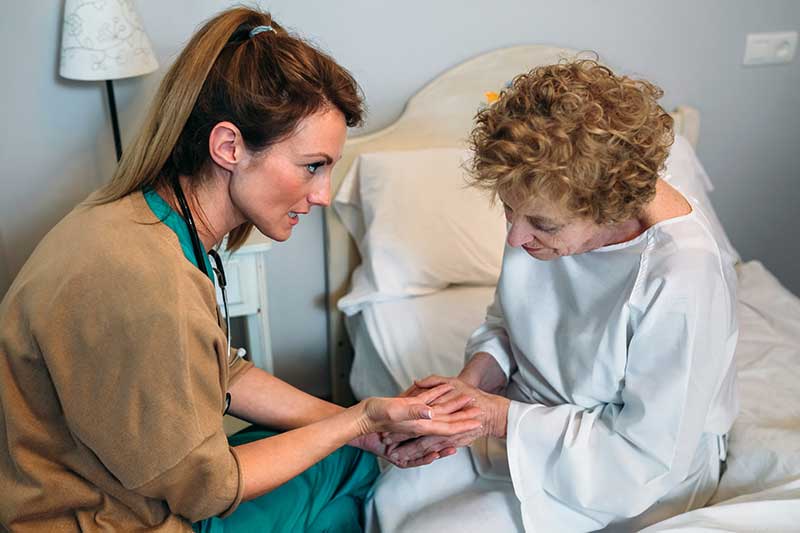In the compassionate realm of hospice care, a dedicated team of healthcare professionals collaborates, each offering their particular expertise and warmth to provide comprehensive care. This team, different in abilities but united in aim, works closely together to meet the needs of a patient and their family with empathy, dignity, and respect. “Uniting for Care: The Teamwork of Interdisciplinary Roles in Hospice Care” focuses on the collaborative character of this team, highlighting how each member makes a vital contribution to producing a positive end-of-life experience.
Leading the Care: Doctors and Nurses
Physicians and nurses lead the hospice care team. They set the standard for diagnosing, planning, and managing pain and symptom control while prioritizing physical comfort. Their medical knowledge guides the care approach, but it is their patient-centered mindset that truly defines their function, respecting the patient’s desires and independence at all stages.
Emotional Anchors: Social Workers, Counselors
Social workers and counselors serve as the team’s emotional anchors, providing support and understanding. They advocate for the patient and family, ensuring that voices are heard and emotions are recognized. They play an important role in managing the emotional and practical issues of end-of-life care, whether by encouraging family discussions or connecting with community resources.
Nurturing the Spirit: Spiritual Care Providers
Spiritual care providers promote tranquility and introspection while addressing the spiritual and existential problems that frequently arise. They provide spiritual assistance to patients and family in a variety of ways, allowing them to reflect, discover meaning, and connect with their inner selves while respecting all beliefs.
Daily Support: Nursing Assistants and Volunteers
Nursing aides and volunteers give vital everyday support, ensuring that the care process runs smoothly and personally. They help with routine care, provide companionship, and give family caregivers much-needed respite. Their hands-on help gives comfort and a personal touch to the patient’s day-to-day existence, protecting dignity and promoting a nurturing environment.
Targeted comfort: Therapists and Palliative Care Specialists
Therapists and palliative care specialists adapt the treatment experience to address specific symptoms while preserving quality of life. Their specific interventions are critical in managing pain, preserving functional capacities, and maintaining clear communication, while keeping the patient’s comfort and ability to interact with loved ones in mind.
In hospice care, the interdisciplinary team works as a cohesive unit, with each member performing an important and integrated role. This collaborative mentality guarantees that care extends beyond addressing physical symptoms, adopting a holistic approach that nurtures the entire person—body, mind, and spirit. As this team collaborates, they establish a network of care that reflects compassion, respect, and dignity, offering a supportive and caring environment for patients and their families throughout life’s final moments.












